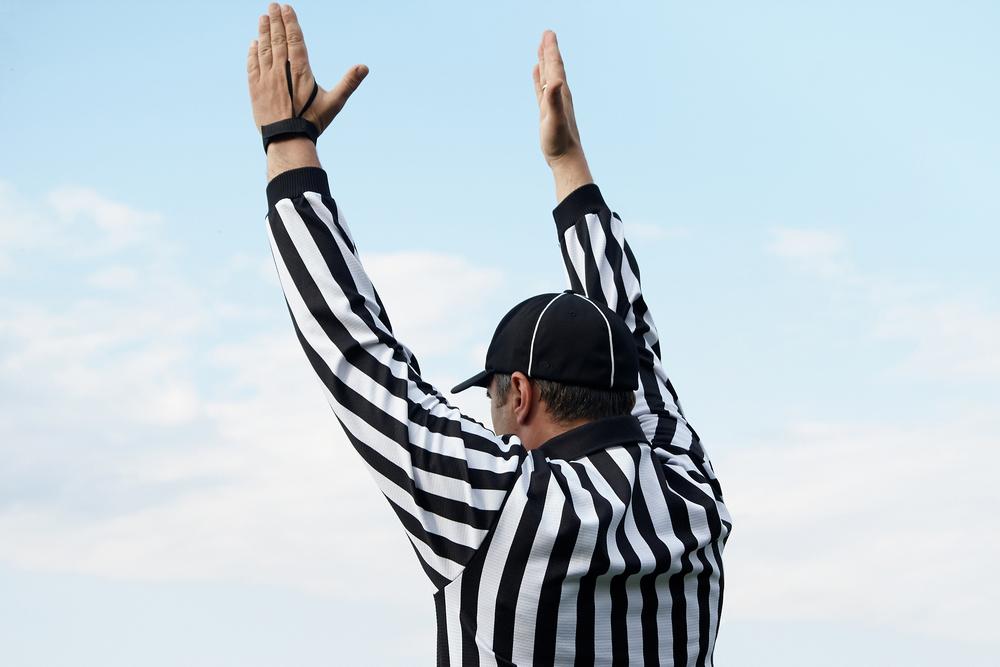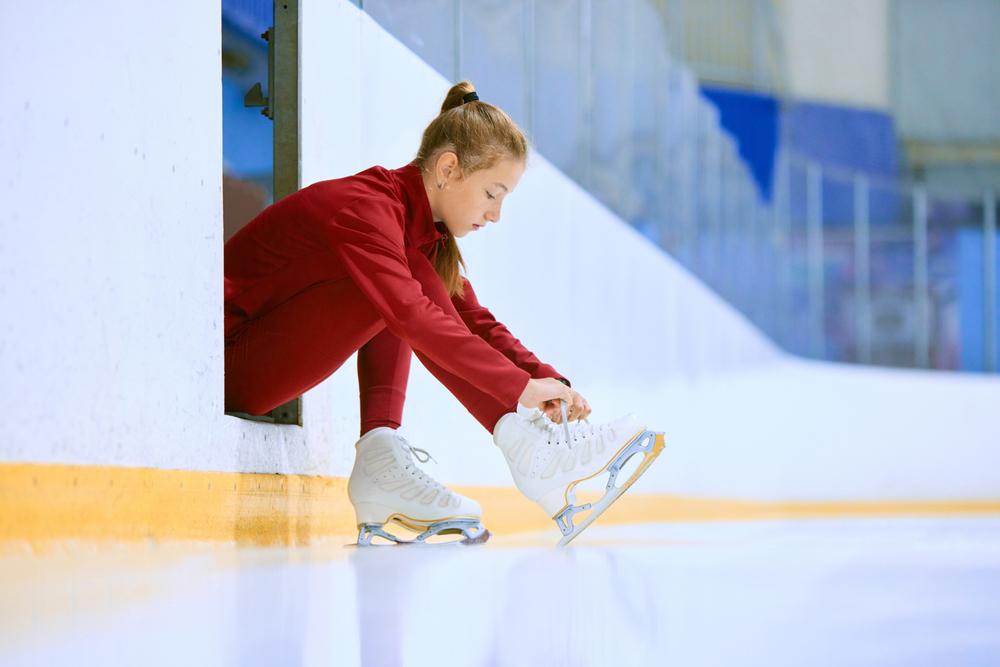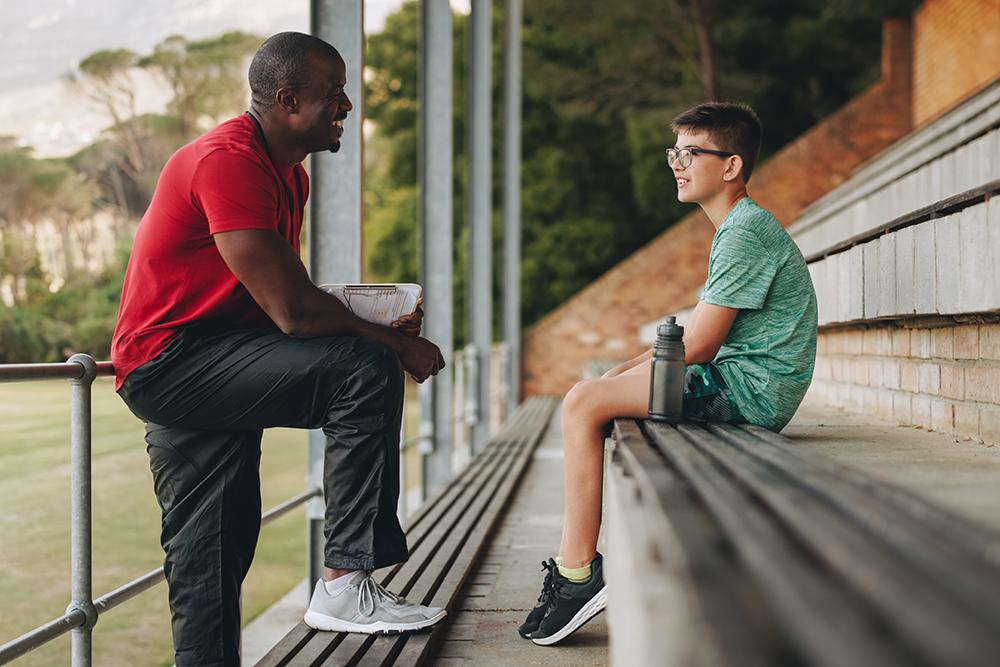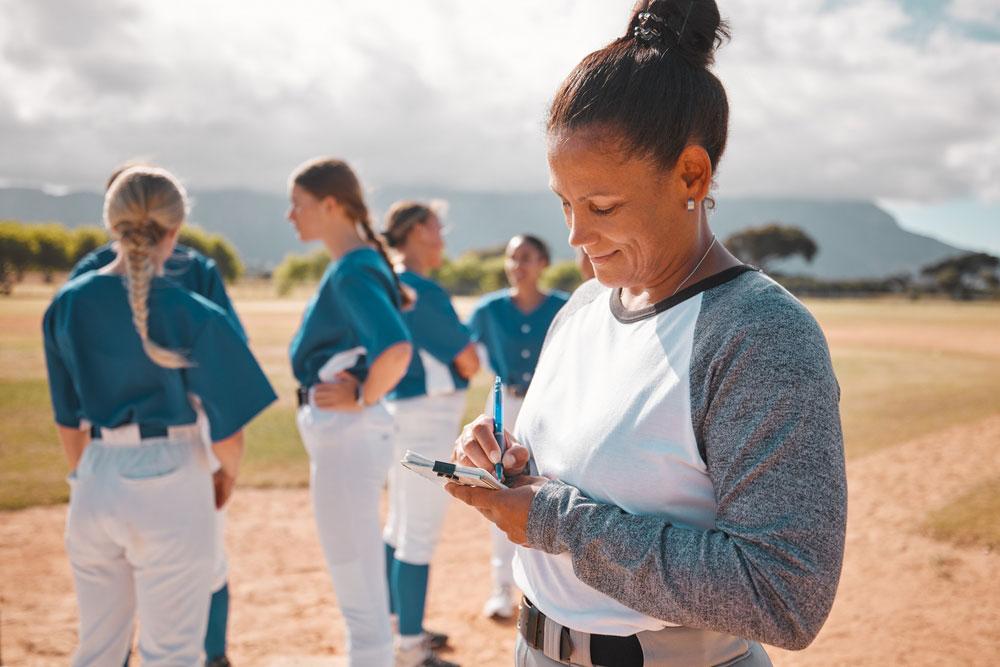 Content Warning: This article contains mentions of abuse and/or assault.
Content Warning: This article contains mentions of abuse and/or assault.
Sportsmanship is one of the values adults hope children learn from youth sports, but new data suggests the kids might understand sportsmanship better than the adults.
According to a 2017 survey of more than 17,000 referees, parents and coaches cause the majority of problems with sportsmanship. When asked “Who causes the most problems with sportsmanship?” only about 10% of respondents cited players, but nearly 40% cited parents, and nearly 30% cited coaches.
Perhaps more disturbing, these officials from youth recreational, adult amateur, and professional sports leagues believe the level of sportsmanship is worst at the youth competitive level. And nearly 60% of respondents believe that, overall, sportsmanship is getting worse.
When asked who in youth sports was most responsible for improving sportsmanship, more than half of the respondents put the responsibility on coaches. So, if the officials are right and parents cause the most problems, and coaches are the ones best suited to make improvements, what can coaches do to help parents learn and exhibit better sportsmanship?
Set Expectations
As parents, we let our children know what our expectations are so they know what success looks like. Coaches need to do the same thing for youth sports parents. And it’s not just setting expectations for parental behavior on the sidelines; it’s also setting expectations for what parents are going to see on the court or playing field. Many parents, especially of younger and less experienced athletes, misunderstand the level of skill their kids – and others – are likely capable of achieving.
If you expect your kid’s team to execute a flawless ‘give-and-go’ when they are just getting the basics of passing down, you’re likely to be a frustrated parent on the sidelines. Likewise, many parents fail to realize youth sports athletes don’t know every rule in the book, and that officials adjust the enforcement of fundamental rules as kids are learning the game. For instance, early on in competitive youth basketball, enforcement of traveling is likely to be less stringent than at the high school level.
When parents have a better perspective on what to expect from young players, they may be more likely to watch the game without getting worked up over the fact their 9-year-old basketball players aren’t blocking out defenders like the college players they watched on television last night.
Hold Parents Accountable
This one is tricky, but important. As parents, we hold our kids accountable to following the rules in our homes. Teachers and school officials hold them accountable for their actions at school. But parents also need to be held accountable for their actions on the sidelines.
The problem is authority, or the lack thereof. Coaches don’t typically have the authority to eject a spectator, but officials do. In the NASO survey of 17,000 officials, 64% reported they had removed a spectator for poor behavior, and 82% reported they believed they had the authority to do so (even if they had never actually done it).
To take a cue from effective anti-bullying programs, intervention from multiple sources may be more effective at curbing poor sportsmanship from spectators than expecting a single person or group to do it alone. Effective anti-bullying programs confront bullying at the classroom, administrator, counselor, and parent levels simultaneously. Together, coaches, spectators, and officials may be similarly effective in rooting out poor sportsmanship on the sidelines.
Without Officials There Are No Youth Sports
While it is obviously important to enhance the youth sport experience for young athletes, it is also crucial to improve the youth sports environment for officials.
According to a December 2017 Coach & AD article, several states have expressed difficulty recruiting new officials, and in the NASO survey 87% of officials reported suffering verbal abuse. Worse yet, 13% of officials report being physically assaulted after games, most often by fans.
Without officials, there are no youth sports. For the sake of being able to cheer on our kids as they enjoy youth sports, we need to put our money where our mouths are and be the good sports we expect our children to be.



